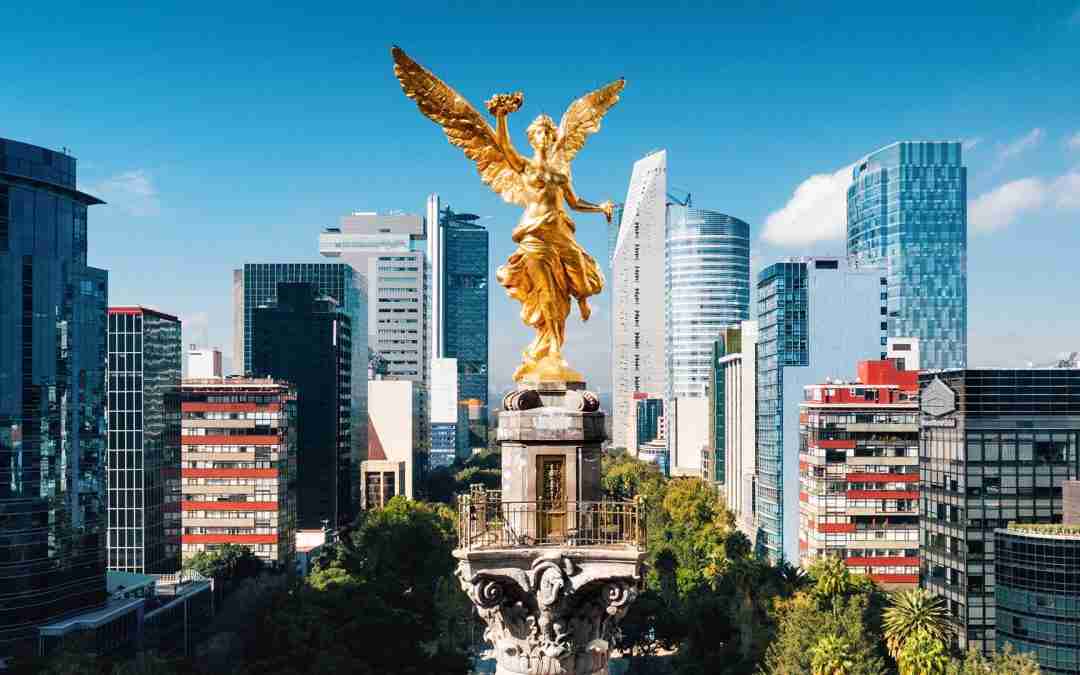Every company, at some point, faces a key question: should it acquire machinery, vehicles, buildings, or furniture? In other words, is it profitable to invest in Property, Plant and Equipment (PP&E)?
The answer lies in the analysis of the Return on Investment (ROI)This indicator allows you to assess whether an investment in fixed assets will generate the expected benefits relative to its cost. Below, we explain how to calculate it, what factors to consider, and when it may be a strategic decision.
What is ROI?
The Return on Investment It measures the efficiency of an investment, expressing the percentage of profit (or loss) relative to the amount invested. Its basic formula is:
How does this apply to the PP&E case?
When we talk about PP&E, the return is not always immediate, but rather spread over time. Therefore, instead of a simple immediate benefit, estimates are usually made future cash flows that this asset will generate or save.
Example:
Suppose you buy a machine for $1,000,000 pesos and it is expected that:
- Reduce production costs by $250,000 pesos per year,
- Have a useful life of 5 years,
- And in the end it can be sold as scrap for $100,000 pesos.
So:
Estimated total net profit =
($250,000 × 5 years) + $100,000 = $1,350,000
Initial investment = $1,000,000
ROI = (1,350,000 / 1,000,000) × 100 = 135%
This means that, in 5 years, the company not only recovers its investment, but also earns an additional 35%.
Key factors to consider
Before deciding on a purchase, take into account:
- Recovery time: How long does it take to recover your investment?
- Accounting and tax depreciation: The asset's value is decreasing. This affects your financial statements and taxes.
- Financing: If purchased on credit, the financial cost must be included.
- Maintenance and operation: Some assets require recurring expenses.
- Obsolescence: Can it be used efficiently throughout its useful life?
When is it a good idea to invest in PP&E?
- When it significantly reduces your operating costs.
- When your production capacity or income increases.
- When it gives you independence (for example, stopping renting machinery).
- When your competitiveness or product quality improves.
What if it's not a good time?
Not all PP&E purchases are strategic. If the estimated ROI is low, if the asset will be underutilized, or if it severely compromises your cash flow, it's better to wait or look for alternatives (leasing, manufacturing, renting, etc.).
Conclusion
Investing in property, plant, and equipment can be an excellent decision for growing your business, provided it's done with a solid return on investment analysis. ROI not only helps you justify decisions, it also allows you to plan more confidently for the business's financial future.
Before buying, Do the numbers, project scenarios, and make decisions with strategic vision.















0 comentarios